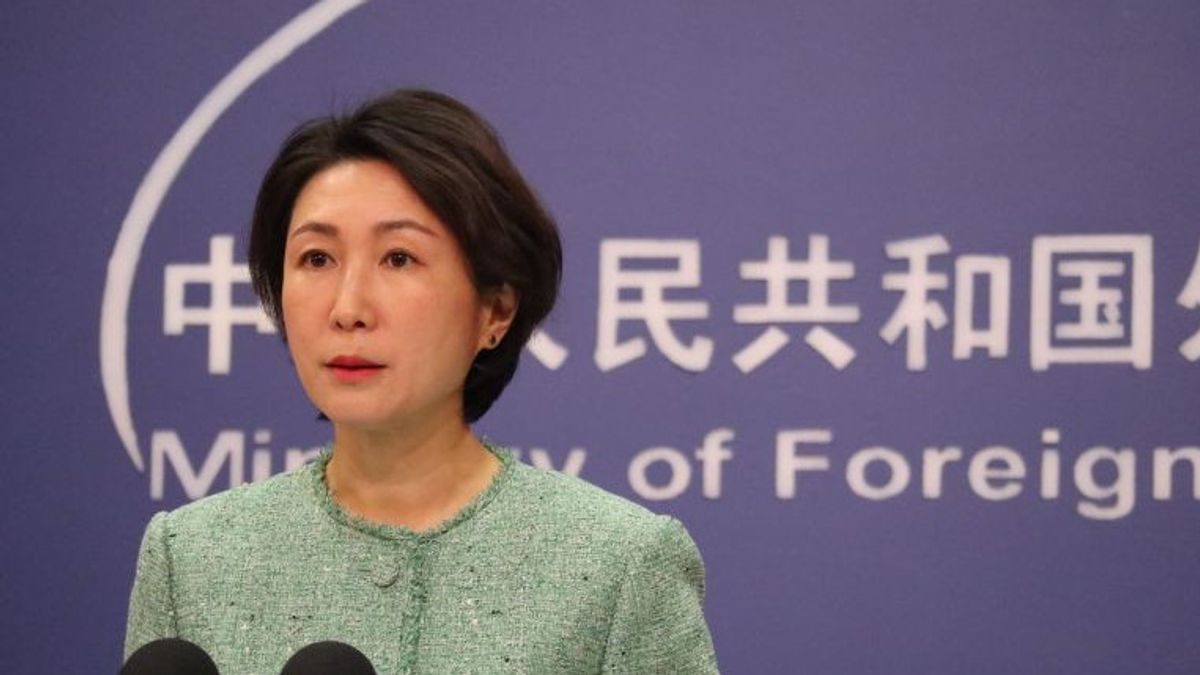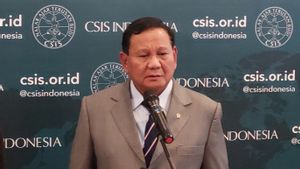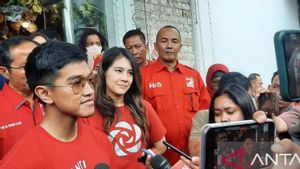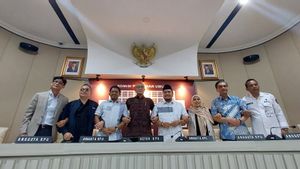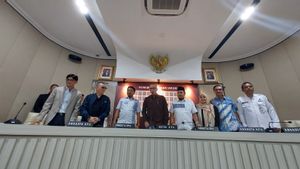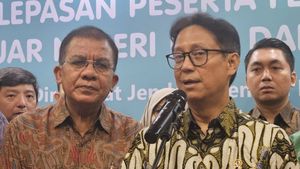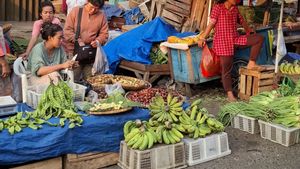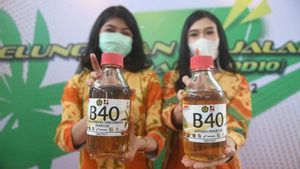JAKARTA - The Chinese government has reopened the Lizi Port on the border with Nepal, after previously being closed for three years.
"As a result of friendly negotiations and joint efforts between China and Nepal, the Lizi-Nechung Port is officially opened today," said Chinese Foreign Ministry spokesman Mao Ning when delivering a statement reported by ANTARA, Monday, November 13.
China and Nepal have a length of 1,400 kilometers, which is along the Himalayan Mountains that enter the Tibetan region.
Lizi Port, which is the border point between Nechung (Mustang)-Lizi, is the fourth border that has reopened after Rasuwa-Kerung, Tatopani-Khasa, and Yari (Humla)-Purang.
The border opening agreement was reached during the visit of Nepalese Prime Minister Pushpa Kamal Dahal to China at the end of September 2023.
"This is part of the embodiment of a mutual agreement between leaders of the two countries. The Lizi-Nechung trade post is the fourth port for passenger transfer and cargo between China and Nepal," said Mao Ning.
Mao Ning said the Chinese government believes the opening of the port will further facilitate trade and travel between the people of the two countries, contribute to economic and social development in border areas and provide benefits to the two nations.
The closure of China's borders in early 2020 had an impact on many Nepalese businessmen exporting items such as carpets and handicrafts to China.
According to South Asia Watch on Trade, Economics and Environment (SAWTEE), Nepal's trade relations with China decreased due to the 2015 earthquake to and the COVID-19 pandemic.
VOIR éGALEMENT:
The pandemic has caused significant disruption to cross-border trade between the two countries.
According to a study conducted by SAWTEE on Nepal-Chingkok trade, between the 2020 and 2022 periods, more than 90 percent of the value of goods exported to China from Nepal is included in the list without import duties for underdeveloped countries (LDC).
There are at least 8,000 products from Nepal using the LDC scheme.
The English, Chinese, Japanese, Arabic, and French versions are automatically generated by the AI. So there may still be inaccuracies in translating, please always see Indonesian as our main language. (system supported by DigitalSiber.id)
